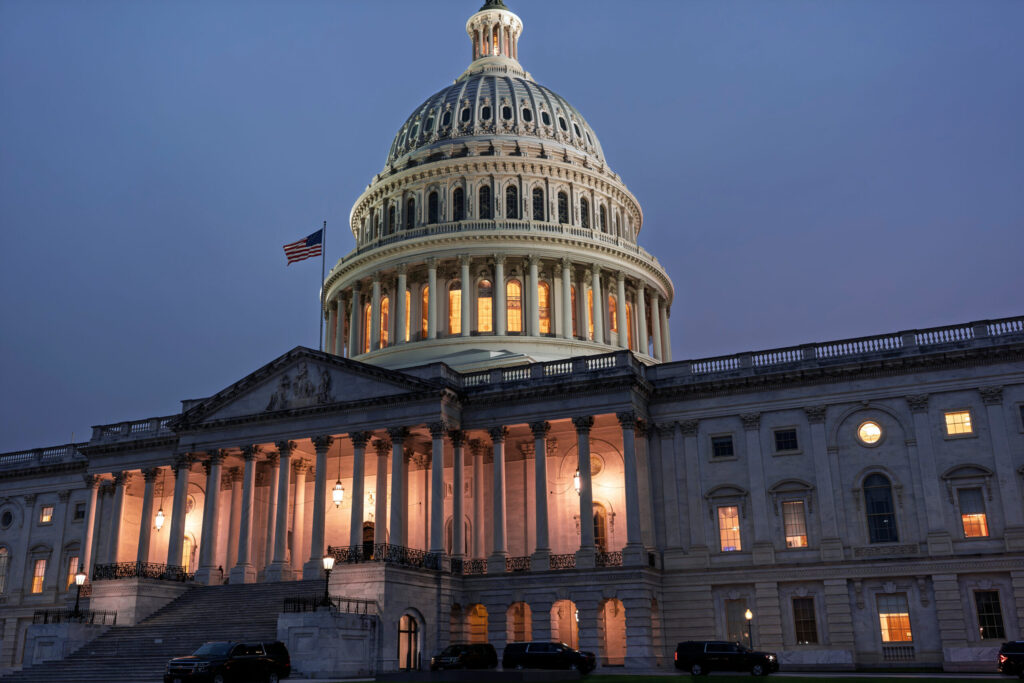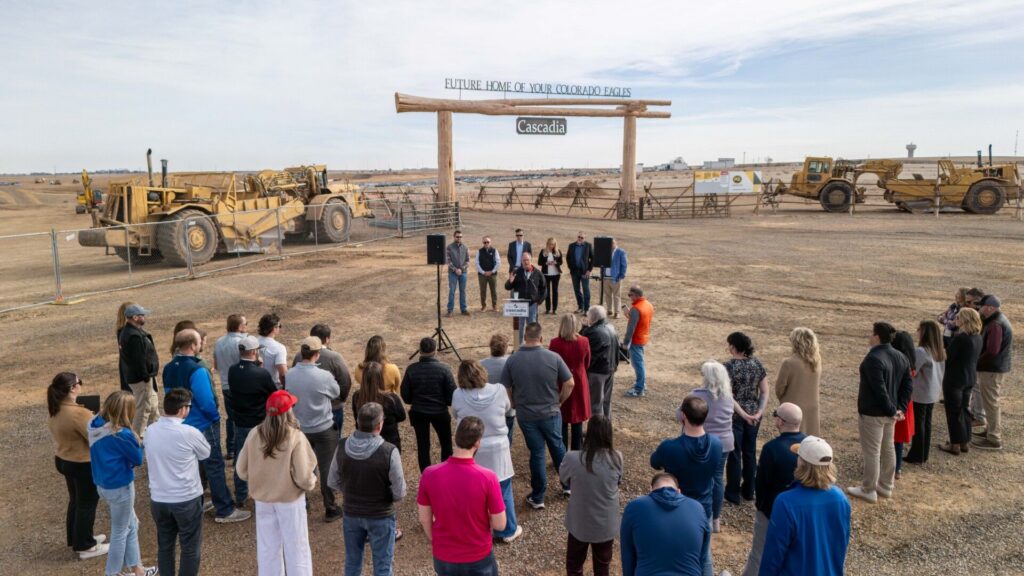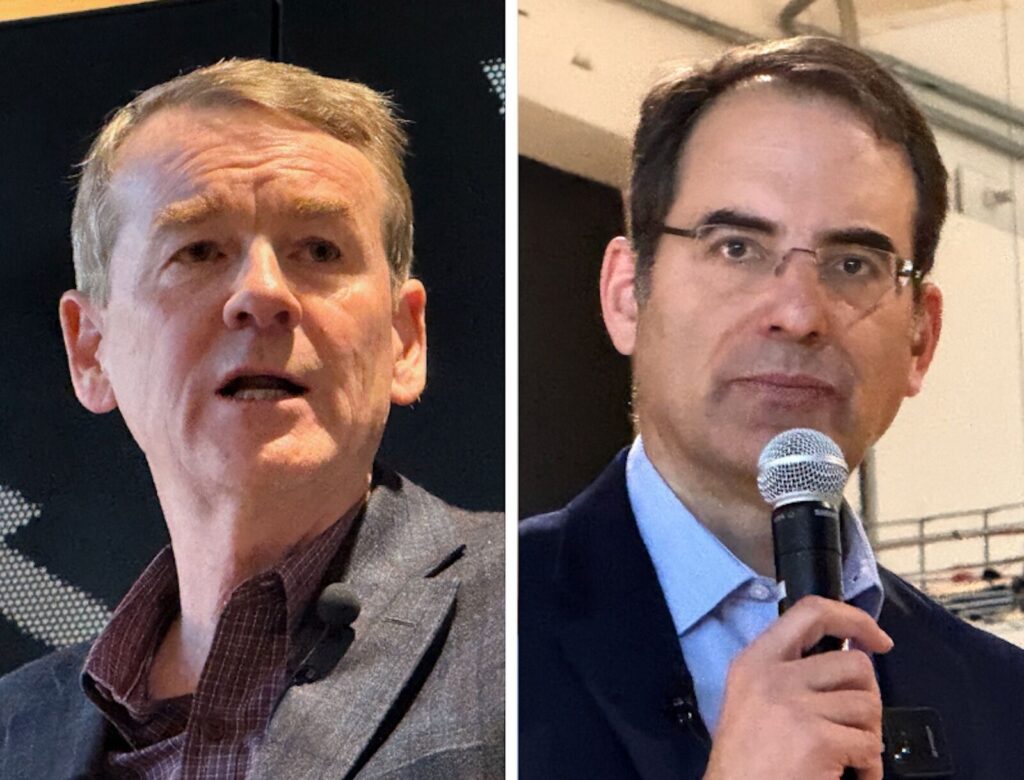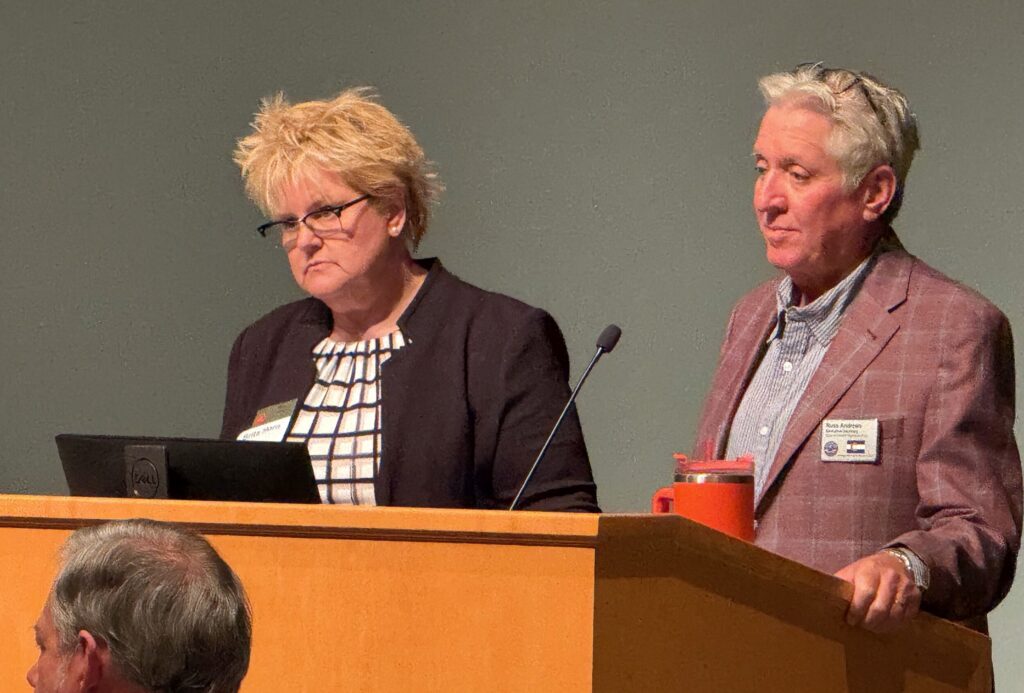From ethics stories to ethics code for Flynn
Kevin Flynn has written about ethics battles on city councils and other local governing bodies, now he’s writing an almost-new code of ethics for the Denver City Council.
The former longtime reporter was elected in District 2, the southwestern part of Denver, in 2015. Several months after he took office, Flynn said a task force formed to review the city’s ethics code needed a Council representative and he asked to be appointed.
“A lot of what I’m doing now is the result of kind of jumping into that moving car,” he added. “As a reporter, I’d always argued in favor of more transparency and wanted to see stricter disclosure rules so the public could find out what their elected officials were doing.”
And when groups like Colorado Common Cause and Colorado Ethics Watch told the city its ethics code – which applies to city officers, officials and employees – could use some revisions, “their arguments swayed me.”
A native of Easton, Pennsylvania, Flynn, now 64, was city editor of a suburban Philadelphia daily newspaper when he moved to Denver to be the city hall reporter for the Rocky Mountain News. He wrote stories there for more than 27 years, until the newspaper shut down in February 2009.
After the News’ closure, Flynn started his own small business to continue writing online about transportation, the last beat he covered. In April 2010, Flynn was hired by the Regional Transportation District to manage the public information program for the FasTracks commuter rail project.
A graduate with a degree in philosophy from LaSalle University in Philadelphia, Flynn is an author of two non-fiction books, including one on the 1984 murder of KOA talk show host Alan Berg in Denver, which he covered for the News.
Limits on meals, events tickets and $300 cap proposed
Flynn’s proposals to change the ethics code have been discussed at three sometimes lengthy meetings with his colleagues on the Council’s Finance & Governance Committee. At the latest meeting on Jan. 17, Flynn’s changes addressed two main areas: No more than four meals, tickets or free or reduced price admissions may be accepted from the same donor in any calendar year, regardless of value; and the total value of any tickets or free or reduced price admissions received from any one donor shall not exceed $300 in any calendar year. Those meals and tickets must be reported twice a year.
Exceptions are made for meals provided to all attendees at a public meeting and consumed while the meeting is in progress, including “working lunches;” and meals provided to all members of any governmental, civic or non-profit board of which the city officer, official or employee is a member and is consumed at any meeting of the board.
Likewise, tickets or free admission to a charitable event, as long as the ticket or free admission is offered directly by and at the expense of the charitable or other non-profit entity hosting the event, are allowed.
“To have just a limit on the number of tickets or meals without a dollar amount is not enough,” Flynn said. “Right now, I could take four $1,500 tickets to a Paul McCartney concert – if he ever comes back here – and it would be fine. That’s ridiculous.”
Flynn said by setting a ceiling, the public will have more confidence their Council members are acting ethically in their dealings with those who do business, or may do business, with the city and which the City Council could influence.
“We’re shifting from a 2003 compromise from four free or reduced price tickets a year to a dollar limit and that means we can’t accept what we now accept,” Flynn added.
However, Flynn noted a Council member can take money from his or her budget to pay for their own tickets, “And I won’t have to sit at some lobbyist’s table.”
Flynn also said, as far as he could determine, Denver was the only municipal government in the country that did not set a dollar limit on things like meals and tickets.
Another change Flynn is pushing would see an ethics board nominating commission formed to make member recommendations to the Council and mayor, who could then reject or accept. Flynn said that would keep things such as a Council members’ campaign manager from being appointed to the ethics board and create a potential conflict of interest.
As a further protection against conflicts of interest, Flynn has suggested ethics board members who have been politically active for or against a Council member who appears before the board recuse themselves from considering that matter.
Committee tries to get a clear picture
At the Jan. 17 committee meeting, Flynn said Council members should keep in mind when potential issues arise, such as soliciting a donation for a third-party from someone doing business with the city.
“That’s something that’s a little squeamish in the public eye, so it should be something we disclose and let the citizens see and evaluate,” he said.
As proposed, the code would require officers (elected and appointed officials) and employees to report gifts and if they ask for charitable donations from persons with whom the city has an existing, ongoing, or pending contract, business, or regulatory relationship and over whom the officer may take direct official action.
Assistant City Attorney David Broadwell, who worked closely with Flynn on the code revisions, told the committee members that land use decisions “are absolutely what the law is supposed to regulate.”
“You need to make sure you stay ethical in your relationship with people on either side of an issue,” he added.
Councilman Paul Lopez wondered if the ban on political activity by ethics board members could be seen as a violation of their First Amendment right to free speech. Broadwell said no, it would not ban their involvement, only require them to recuse themselves from any board matters where they have a conflict of interest due to their political involvement.
Some Council members, such as Kendra Black, suggested Flynn supply a list of annual events Council members are invited to, or given tickets to see, to help decide if they should be reported as meals or events.
“I just want to be crystal clear on what is reported as what, or if there’s a go-to person we could ask” when reports are filed, added Councilwoman Stacie Gilmore.
Councilwoman Debbie Ortega said her practice is to report everything, and that removes any confusion.
“The goal should be to be simple, transparent and consistent so we don’t have to look everything up in the code or in a matrix,” she added.
Lopez stated the common public perception of politicians and public officials is “we’re all corrupt.”
“In Denver, we’re all pretty transparent already,” he added. “We’re doing pretty well, but not everyone looks at it that way. And I’m not saying these are not good ideas.”
Councilwoman Robin Kniech said the code revisions may have moved from simplicity to a desired, but unattainable, perfection.
“We wanted more ways to accept things we feel are important for our job,” she stated. “Maybe the pendulum has swung too far and now we have too much complexity. But with simplicity comes fewer things we can accept.”
The committee plans to consider Flynn’s ethics code revisions one final time, on Feb. 21, before deciding if they should be considered by the full City Council.











